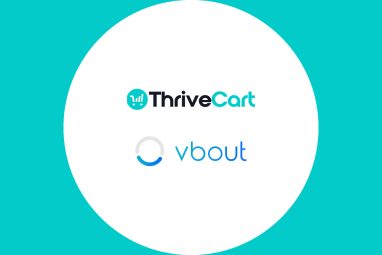75% of Consumers Prefer Talking to a Human for Customer Service
Half (48%) of consumers say they do not trust information provided by AI-powered customer service bots.
Topics

Five9, provider of the Intelligent CX Platform, released the results of a consumer survey, aimed at helping organisations understand how consumers perceive AI and evolving customer experiences. The survey explores consumer sentiments around AI and CX, as well as around holiday shopping, travel, and healthcare.
New Five9 data highlights the continued importance of the human touch in CX, as 75% prefer talking to a real human in-person or over the phone for customer support, indicating that brands need to improve online customer support.
As upcoming events like open enrollment and holiday shopping create higher demand, brands will face mounting pressure to deliver exceptional CX while balancing the use of AI to enhance and streamline experiences. Given that 40% of consumers note that positive CX ensures their brand loyalty, companies must prioritise total transparency for how AI and human counterparts work together to improve customer satisfaction during peak periods.
“AI has the power to mitigate customer service frustrations, but it’s the human touch that makes the difference. By using AI to automate transactional and routine tasks, human agents can free up time to focus on more complex issues that require critical thinking and sensitivity,” said Niki Hall, Chief Marketing Officer, Five9.
“As consumer demand and expectations increase this season, brands must prioritise transparency and empathy to build enduring trust and loyalty with consumers.”
The survey’s key findings include:
Consumer trust in AI is still experiencing growing pains
In the age of AI, consumers already expect some automation to be ingrained in most customer service interactions. Despite this, there is still a preference and a need for human empathy to be present alongside AI in CX. There was consensus across all generations – no matter the brand or reason for contact – that human interaction is still preferred.
84% of consumers are aware that some companies use AI to handle customer service interactions
Yet nearly half (48%) of consumers say they do not trust information provided by AI-powered customer service bots. Over half (56%) of all consumers are often frustrated by AI customer-service chatbots.
Younger generations have a better understanding of AI’s capabilities and nuances
Gen Z and Millennials find more value in AI-driven interactions compared to older generations, including chatbots and Intelligent Virtual Agents (IVAs). The use of automated solutions in CX has also led younger consumers to feel that online self-service has improved.
53% of consumers agree online self-service has improved in the last 3 years. This is higher among younger generations, including Gen Z (61%) and Millennials (61%).
Gen Z is less likely to prefer talking to a real human in-person or over the phone for customer support (66%) compared to Gen X (76%) and Baby Boomers / the Silent Generation (86%).
However, 63% of Gen Zers and 60% of Millennials say they trust information provided by AI-powered customer service bots, with 33% of both groups more likely to say they find AI very helpful and efficient.
Holidays and heightened customer queries go hand-in-hand, increasing AI needs
The increase in customer queries during the holidays strongly impacts healthcare, retail, and travel organisations. 72% of older generation respondents correlated poor loyalty with poor CX.
48% of consumers say fast shipping / delivery times are most important to them when interacting with companies to do their holiday shopping, followed closely by product availability (47%).
Consumers across generations care most about appointment availability (49%) when interacting with companies while seeking healthcare services.
When travelling during the holidays, consumers care most about flight or hotel availability (34%) and helpful customer experience with the business (32%).









































































































